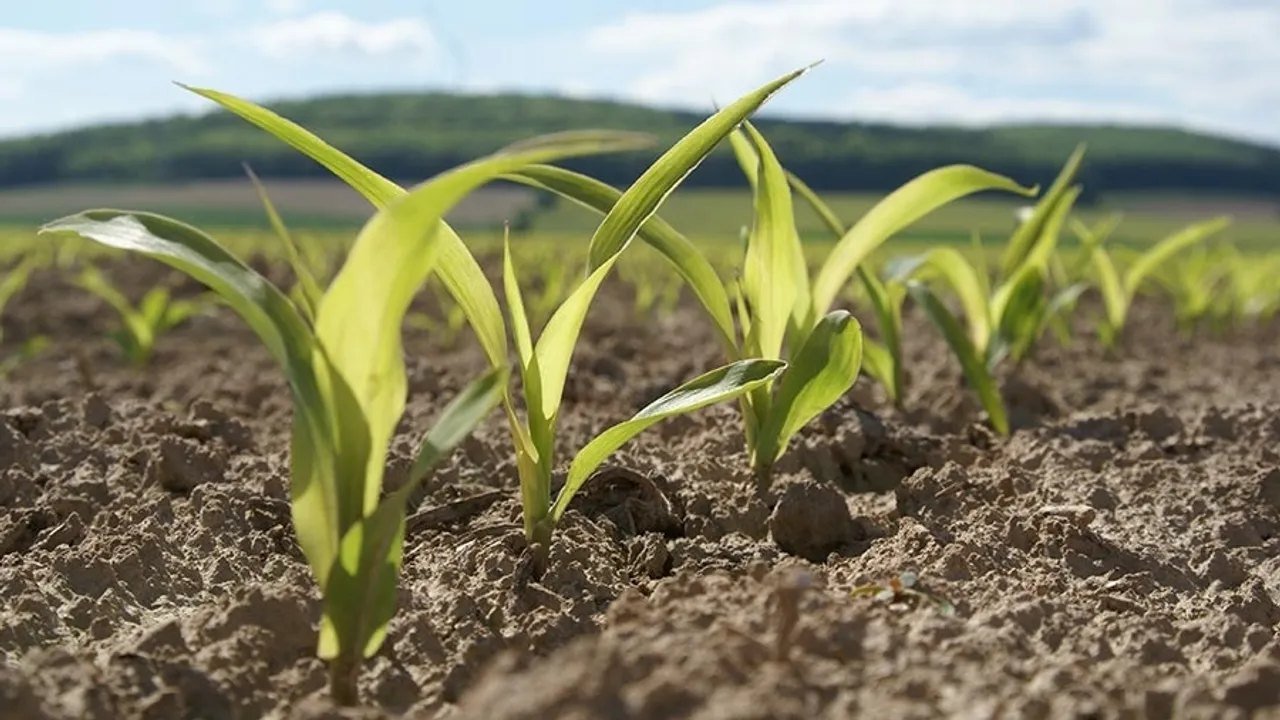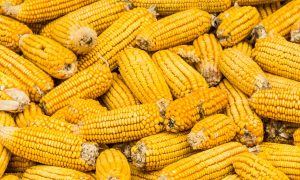Innovative UK Maize Production Strategies to Lower Carbon Footprint

As global attention shifts towards sustainable agriculture, UK maize growers are at the forefront of implementing innovative strategies aimed at reducing the carbon footprint of maize production. Highlighting the urgency of this initiative, Judith Tooth reports on the significant role that maize production plays in the carbon output of dairy and beef sectors, with a notable portion attributed to feed production. Dairy cooperative Arla‘s revelation that 83% of its carbon footprint stems from on-farm decisions underscores the critical nature of this endeavor.
Strategic Variety Selection and Early Sowing
Key to minimizing carbon output is the strategic selection of maize varieties. KWS technical maize specialist Andrew Cooke emphasizes the importance of choosing varieties that are best suited to specific growing conditions to minimize the need for additional inputs. This approach not only reduces the carbon footprint but also enhances production efficiency by matching varieties to their intended use and the available heat units in a given locality. Furthermore, the timing of sowing plays a pivotal role, with early sowing in optimal soil temperatures leading to better germination and establishment, thus setting a positive trajectory for the entire growing season.
Optimizing Crop Nutrition and Cultivation Practices
Another cornerstone of reducing the carbon footprint in maize production is optimizing crop nutrition through the judicious use of farmyard manure (FYM) and slurry, as highlighted by Allison Arden, agronomy manager at NRM. This strategy not only recycles carbon produced on the farm but also diminishes reliance on carbon-intensive synthetic fertilizers. In tandem, Howard Nason, an independent agronomist, advocates for minimal tillage practices that reduce the overuse of steel and diesel, thereby contributing significantly to carbon footprint reduction. Effective weed control and precise nutrient management tailored to the crop’s needs further enhance the sustainability of maize cultivation.
Another cornerstone of reducing the carbon footprint in maize production is optimizing crop nutrition through the judicious use of farmyard manure (FYM) and slurry, as highlighted by Allison Arden, agronomy manager at NRM. This strategy not only recycles carbon produced on the farm but also diminishes reliance on carbon-intensive synthetic fertilizers. In tandem, Howard Nason, an independent agronomist, advocates for minimal tillage practices that reduce the overuse of steel and diesel, thereby contributing significantly to carbon footprint reduction. Effective weed control and precise nutrient management tailored to the crop’s needs further enhance the sustainability of maize cultivation.
Source Link: https://bnnbreaking.com/breaking-news/agriculture/innovative-uk-maize-production-strategies-to-lower-carbon-footprint















